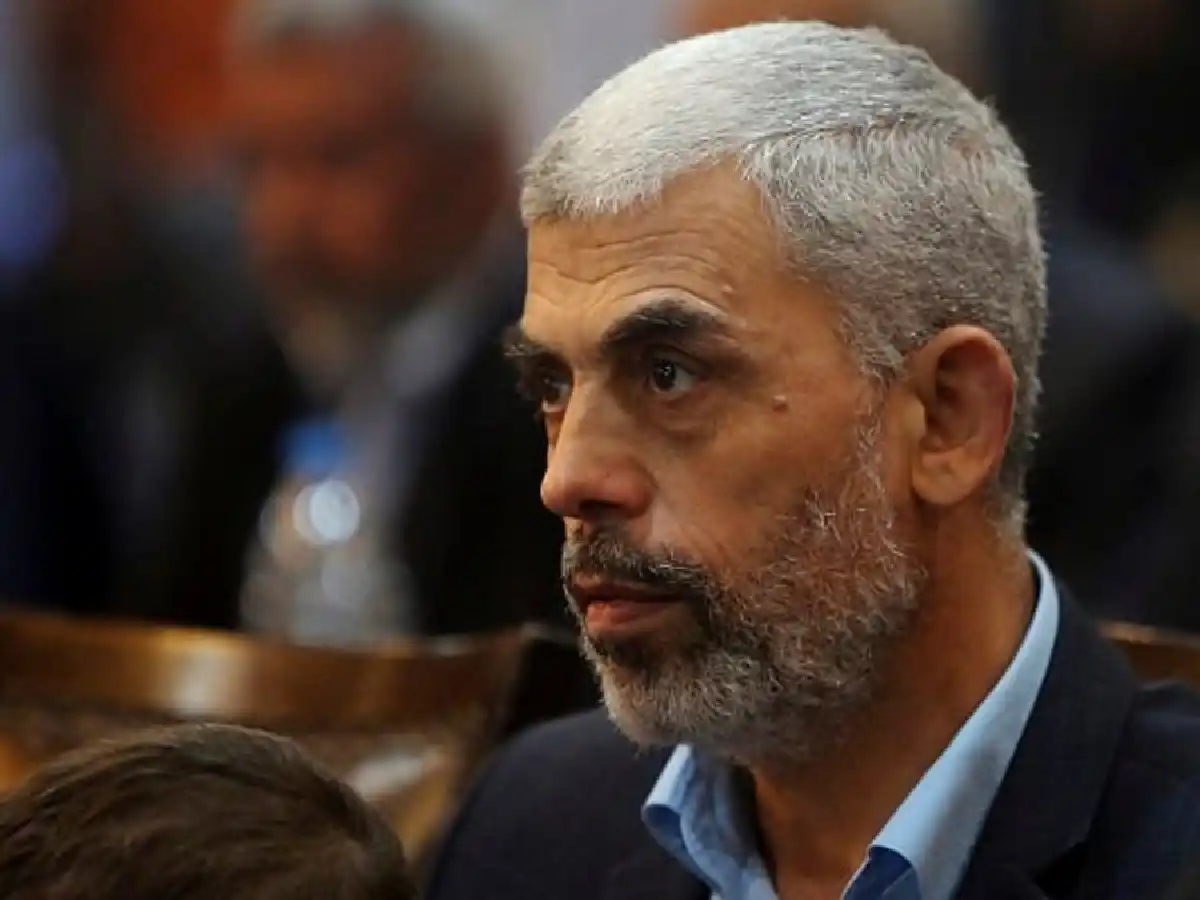Yahya Sinwar, the leader of Hamas in Gaza has reportedly been assassinated by an IAF airstrike. What happened early Tuesday constitutes a dramatic turning point in the long Israeli-Palestinian struggle, ushering down an entire chapter where Hamas will strike Israel at its whim and setting forth serious questions as to who is running the movement in the future.
Yahya Sinwar has been with Hamas since the beginning and was known for his strong support of the armed struggle against Israel. He took over leadership of the movement in 2017 from Ismail Haniyeh and was believed to be one of Hamas leading strategists on both military actions against Israel as well as political manoeuvres aimed at tipping regional balances in Hamas favor. He combined a penchant for military belligerence with fits-and-start efforts in the governance of Gaza — the coastal strip Hamas has ruled since 2007.
Yahya Sinwar was killed in a day-time air strike that struck the southern part of Gaza City. Israeli sources confirmed that the operation was conducted as an act of preemption to thwart what it dubbed a “vital terror nebula.” The developing casualty toll is reflected by the number of injured being admitted to overstretched local hospitals.
The assassination of Yahya Sinwar has resulted in mixed reactions. Israeli Prime Minister Benjamin Netanyahu has declared it a major success in the fight against Hamas by his government. Israel will keep up its efforts to neutralize the threats facing it from militant groups, Netanyahu said.
In turn, Hamas has promised to hit back and paint Yahya Sinwar as a martyr for Palestine. Immediately after the news emerged, Hamas officials released a statement calling on all Palestinians to unite and vowing not to let Sinwar’s death go without a response. The feeling is indicative of the continuing tit-for-tat cycle between Israelis and Palestinians, in which casualties among leadership figures often produce another round of hostilities.
The death of Yahya Sinwar has led analysts to speculate about what it means for Hamas and the Mideast conflict as a whole. A power vacuum within the organization would enable militant factions to possibly coalesce themselves and enjoy increased confidence in the near term. And within Hamas, where ideological and strategic fissures have long been a hallmark of its internal dynamics, still further change could emerge as the movement looks to find someone who can follow in Sinwar’s footsteps.
The global community is watching it very closely too. The United Nations and other humanitarian organizations have warned against the risk of more intense fighting in Gaza, where civilians so far are paying a heavy price from the conflict. It comes as calls for restraint and renewed peace efforts have been made, though the path to dialogue seems anything but simple.
With the situation still evolving the world holds its breath The death of Yahya Sinwar is expected to reshape not only Hamas but it could shake out the pieces throughout other regional powers, Israel, and Palestinian territories in West Asia. In the days ahead we will find out just to what degree this becomes a defining moment in the long and tortured history of Israeli-Palestinian relations.

